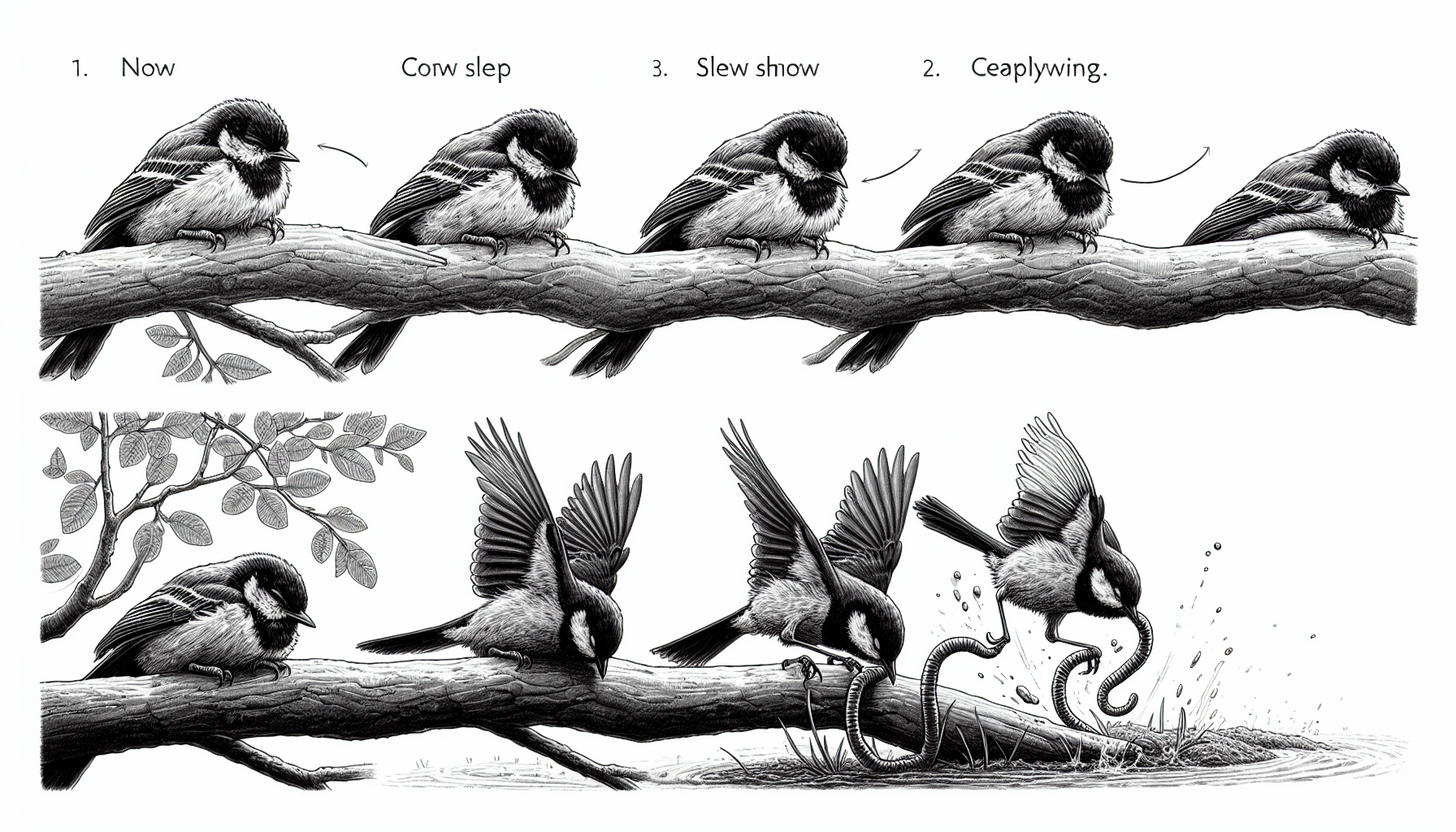The Untold Stories of Twitter Job Connections

One of the most remarkable aspects of Twitter is its ability to foster connections that may not have occurred otherwise. For example, Sarah, a marketing graduate, had been job searching for months with little success through conventional channels. Frustrated, she decided to take a different approach by engaging with industry leaders on Twitter. By consistently interacting with marketing professionals, sharing insightful articles, and contributing to conversations, she caught the attention of a hiring manager at a leading marketing firm. After months of networking, their interactions led to an interview, and Sarah ultimately landed her dream job. This story illustrates an essential strategy for leveraging Twitter: engagement. By actively participating in discussions and sharing relevant content, job seekers can organically build relationships that may lead to job opportunities. Engagement not only showcases expertise but also demonstrates a genuine interest in the industry, making connections feel more authentic and worthwhile.
Curating Your Twitter Presence
Another key element of using Twitter effectively for job searching is curating a professional and engaging profile. John, a software developer, recognized the importance of presenting himself well on the platform. He meticulously crafted his Twitter bio to include relevant keywords, showcasing his skills and projects. Additionally, he shared his coding projects and insights about the technology industry, which attracted the attention of recruiters. John's experience underscores the importance of a well-curated Twitter presence. A strong bio, coupled with relevant content and interactions, can create a favorable impression on potential employers. Job seekers should ensure their profiles reflect their professional interests and expertise to enhance their visibility. This effort can lead to recruiters discovering their profiles during searches for candidates with specific skills.
Utilizing Hashtags and Trends
In addition to engagement and curation, utilizing hashtags effectively can significantly increase visibility among recruiters and potential employers. Lisa, a graphic designer, capitalized on this by using industry-specific hashtags such as #GraphicDesignJobs and #FreelanceDesign. By following these hashtags and participating in discussions, she was able to connect with other professionals in her field, leading to freelance opportunities and eventually a full-time position. Lisa's story highlights the importance of staying informed about industry trends and conversations. Job seekers should actively monitor relevant hashtags and participate in discussions to gain visibility and connect with others in their field. Being part of trending conversations not only showcases a candidate’s knowledge but also allows them to position themselves as thought leaders in their industry.
Reaching Out Directly
While engaging with industry professionals can open doors, sometimes direct outreach is necessary. Mark, a recent graduate, took the plunge and directly reached out to companies he admired. After researching potential employers on Twitter, he crafted personalized messages expressing his interest in their work and inquiring about job openings. This proactive approach led to several informational interviews, one of which culminated in a job offer. Mark's experience serves as a reminder that taking initiative can lead to unexpected opportunities. Job seekers should not hesitate to reach out to companies and professionals they admire, as a well-crafted message can create meaningful connections. Personalization is key; tailored messages that reflect genuine interest in the company can set candidates apart from the competition.
The stories shared in this article exemplify the untold potential of Twitter as a tool for job searching and professional growth. By engaging with industry leaders, curating a professional presence, utilizing hashtags, and reaching out directly, job seekers can enhance their visibility and create meaningful connections that may lead to their dream careers. As the landscape of job searching continues to evolve, embracing platforms like Twitter can provide a competitive edge and open doors to new opportunities. Whether you’re a seasoned professional or a recent graduate, the key lies in leveraging the power of social media to connect, engage, and ultimately succeed in your career journey. With a strategic approach, Twitter can serve not just as a platform for networking but as a launching pad for career advancement.
Social Media Manager
Marketing agencies, tech companies, and e-commerce businesses
Responsibilities
Develop and execute social media strategies to enhance brand presence and engagement on platforms like Twitter, Instagram, and Facebook.
Monitor social media channels for industry trends, customer feedback, and competitor activity to inform content creation and marketing strategies.
Analyze performance metrics and generate reports to measure the effectiveness of campaigns and adjust strategies accordingly.
Required Skills
Proficient in social media analytics tools (e.g., Hootsuite, Sprout Social) and content management systems.
Excellent written and verbal communication skills with a knack for storytelling.
Creative mindset with experience in graphic design or video editing is a plus.
Digital Marketing Specialist
E-commerce companies, digital marketing agencies, and startups
Responsibilities
Implement digital marketing campaigns across various channels, including email, social media, and paid advertising.
Conduct keyword research and optimize content to improve organic search rankings and drive website traffic.
Collaborate with cross-functional teams to align marketing efforts with business objectives and customer needs.
Required Skills
Familiarity with SEO best practices and tools (e.g., Google Analytics, SEMrush).
Strong analytical skills to interpret data and make data-driven decisions.
Knowledge of PPC advertising platforms like Google Ads and Facebook Ads.
Content Marketing Strategist
Media companies, educational institutions, and B2B service providers
Responsibilities
Create and oversee the execution of content marketing strategies that attract and engage target audiences.
Develop high-quality written and visual content for blogs, social media, newsletters, and other platforms.
Collaborate with SEO specialists to ensure content is optimized for search engines and aligns with user intent.
Required Skills
Exceptional writing, editing, and storytelling abilities, with a portfolio showcasing diverse content.
Understanding of content management systems (CMS) and basic HTML/CSS.
Ability to analyze content performance and adjust strategies based on insights.
Graphic Designer
Advertising agencies, tech startups, and non-profits
Responsibilities
Create visual content for digital platforms, including social media graphics, web banners, and marketing materials.
Collaborate with marketing teams to ensure designs align with brand guidelines and campaign objectives.
Stay updated on design trends and tools to continuously enhance creative output.
Required Skills
Proficiency in design software such as Adobe Creative Suite (Photoshop, Illustrator, InDesign).
Strong portfolio that demonstrates a variety of design styles and projects.
Basic knowledge of UX/UI principles and web design is a plus.
Recruitment Specialist
Human resources consulting firms, corporate HR departments, and staffing agencies
Responsibilities
Utilize social media platforms, including Twitter, to source and engage with potential candidates for open positions.
Conduct interviews, assess candidates' skills, and present qualified candidates to hiring managers.
Develop and maintain relationships with industry professionals to build a talent pipeline and enhance employer branding.
Required Skills
Strong interpersonal and communication skills for effective candidate engagement.
Familiarity with applicant tracking systems (ATS) and social recruiting tools.
Ability to understand the technical requirements of roles to identify suitable candidates.


